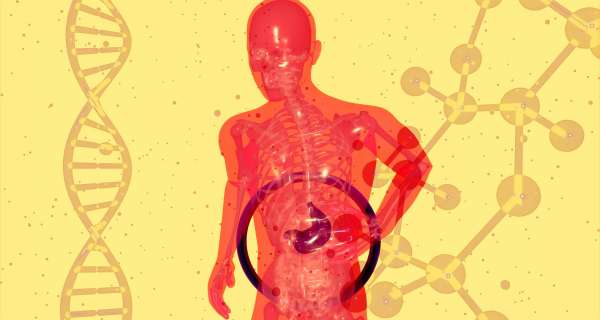Introducing, the Vegan Burger. Taste just like the real thing

The effects of traditional hunting and gathering on our environment
Animal food consumption goes hand in hand with hunting, farming and the raising of cattle. This has been a habitual means of survival for mankind since the beginning of time. Aside from harmful CFC's emitting dangerous gasses into our ozone, it seems as if global warming is taking its next fight to the dinner tables internationally. According to the New York times, agriculture itself, which would include everything from planting a seed to raising livestock, produces methane and nitrous oxide. These gasses has much more of a warming potential than carbon dioxide a dissipates more quickly. It is believed that farming is responsible for the equivalent of 574 million metric tons of carbon dioxide each year and 56 in Canada. This accounts for 8 percent of each country's total green house gas emissions. Most of America's emissions came from power plants and transportation with each account for one third of the total. Even though 8 percent of a country's total green house gas emissions is caused by farming, it is relatively small. Especially when the trade off, which would be human survival in a natural environment, may well be worth the eight percent emissions. These factors has not stopped meat activist from taking the fight to Capitol hill as well as lawmakers world wide. According to BBC news, The EU is set to consider proposals to restrict certain terms such as meat steak or sausage solely to describe edible animal products. France also stepped up to the plate and has already begun to ban the misleading labelling of vegetarian products. Arguing that it risk confusing the consumer. In The United States there are demands for a more precise definition of meat before approval for this new technology for house hold shelves. The US Cattle man association believes that meat should be defined as the tissue and flesh of animals harvested in the traditional manner only. There are currently two meat alternatives. The first being plant based, which are already in restaurants, pubs and supermarkets. Contributing to a growing market estimated to be 4.6 billion in euros. The goal of the plant based system is for it to cook and taste like actual meat to a level beyond distinguish. The ingredients consist of plant proteins like wheat, pea and potatoes, with beet juice as a common substitute for the bleeding effects non existent in plants. The second type of meat alternative is produced using animal stem cells grown in a bio reactor, with a growth enhancement substance taken from a calf fetus, commonly the pig. Plant based meat alternatives produces significantly less green house gas and requires less water and land when compared to cattle. growing lab meat however is still in question as too how much emissions will actually be produced, when taking into consideration land usage as well as associated lab meat production.

My Opinion.
Global warming seems to be paving the way for new industries. It also seems to be having a huge impact on our lives as human beings. Now animals have been hunted for centuries along with traditional farming, without having a negative impact on our environment. I strongly believe that we should focus on a variety of other industries before we start tamering with the natural order of things, taking into consideration that these animals will be hunted anyway since they have predators. They are part of our ecosystem and with eveything and everyone else, they have a role to play in life. In this case their role is natural food consumption for us as human beings. I consider meat alternative produced using animal stem cells, grown in a bio reactor, with a growth enhancement substance taken from a calf fetus as unnatural. I am also taking into consideration the long term effects it may have on the human body, which hasn't been revealed to the public at this point. We also need to take a closer look at how much running a bioreactor to feed the entire world will have on the environment because at the end of the day, it is just another industry so i am pretty sure it will emit some type of grren house gas and contribute to global warming in some way when compared to the traditional order of doing things. What's your thoughts? feel free to post your comments and dont forget most urgently join our business network and subscribe to our production magazine, The Blac & Bleu Book.
Do you feel as if global warming is being over exaggerated in an attempt to target consumers and benefit industry profits?





































0 Comments